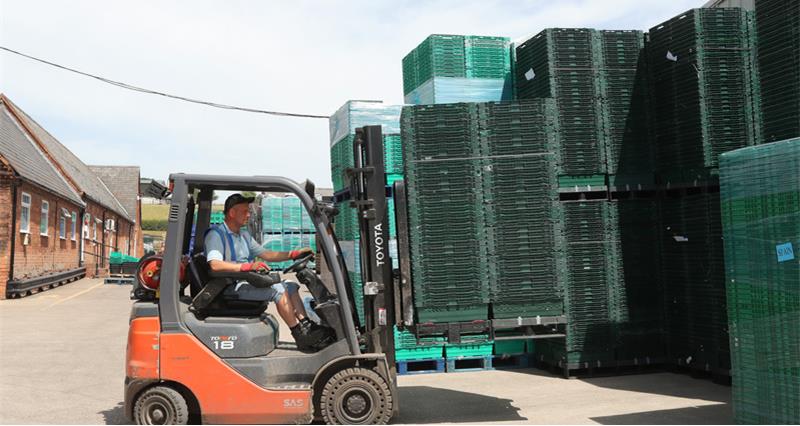Our response highlighted how the NFU has long called for more fairness in our food and drink supply chains to sustainably support British agriculture for the long term.
It highlighted recommendations to be key to the success of improving overall fairness and fair dealing within the British Agri supply chain and included supporting evidence from members across all sectors.
Our recommendations included:┬а
тАв Government-led reform to establish minimum standards and provisions to promote the principles of fair dealing to deliver a fair and functioning supply chain, and to allow for long term decision making by primary producers to ensure secure and sustainable supply chains.
тАв For the government to recognise the horticulture and poultry sectors as energy intensive sectors, for inclusion into its energy price support schemes
тАв For progress to be made into the review into the Egg and Horticulture sector with a matter of urgency, in order to underpin food production and security and ensure timely benefits to both supply chains.
тАв A minimum 5-year rolling seasonal worker scheme, with suitable length visas, no wage differential from the National Living Wage, and no unrealistic cap on worker numbers, to provide certainty to the Horticulture sector.
тАв For the powers in section 29 of the Agricultural Act 2020 to be utilised to address sector specific issues relating to fairness in the supply chain.┬а
тАв That the government considers reducing the turnover threshold of GSCOP (Grocery Supplier Code of Practice) to include more retailers, and food service businesses and food manufacturing businesses, and to include тАЬornamentalsтАЭ supplied into grocery retailers within the GSCOP and regulated by the GCA.
тАв For imminent and future code implementation, an adjudication body or ombudsman must be put in place by Defra, to oversee and enforce the new codes of conduct.
тАв Defra must utilise the expertise of the Market Monitoring Core Group to inform longer term risk assessment of the nationтАЩs food security and enable Defra to develop targeted policy.
NFU members can log in to read the full consultation response at: NFU response to Efra Committee Inquiry on Fairness in the Food Supply Chain.
